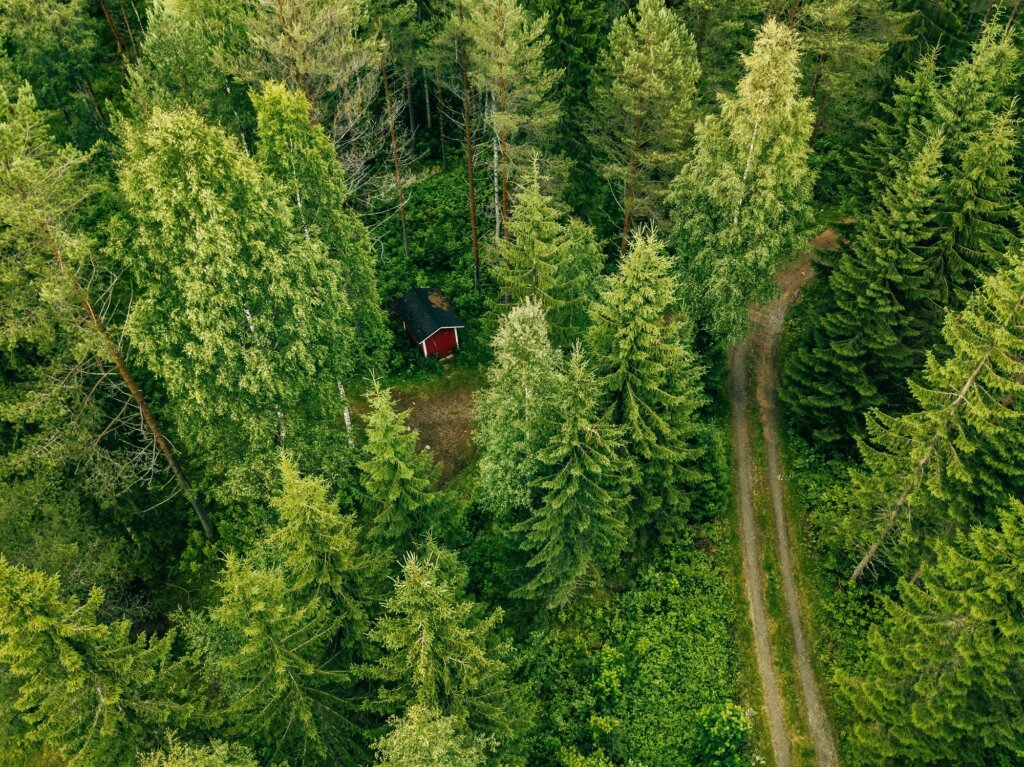In 2025, amid a cost-of-living crisis, surging rents, and a culture craving freedom, a growing number of Brits are trading city flats for adventures on canals, winding roads in vans, and woodland hideaways in forest cabins. This isn’t just a fad — it’s a movement rooted in practicality, wellbeing, community, and self-reliance. Here’s why this shift is happening—and how it resonates with evolving values around work, home, and lifestyle.
1. The Economic Push: Rent, Mortgage, Crisis
Britain’s housing market is under pressure. Average UK rents have jumped over 10% in the past two years, and house building lags behind demand . A BBC report highlighted that 300,000 new homes are needed annually, yet only about 133,000 were completed last year.
In this landscape, families are making dramatic lifestyle changes. A story in The Sun followed a family of four who switched from a rented flat to living full-time in a converted Mercedes Sprinter—saving around £900 per month. With UK van and campervan ownership set to grow by over 40% by 2030, the appeal isn’t niche—it’s rapidly mainstream.
2. Vanlife: Freedom, Community, Economics
The UK is experiencing a particularly strong vanlife wave:
- A Vanlife Hub survey shows the trend includes professionals, families, and retirees choosing mobile living for affordability and flexibility.
- One Reddit user explained that vanlife responds directly to the “housing crisis… the idea may sound romantic… but it’s real”.
- Families who previously couldn’t save a deposit now live mortgage-free on wheels. A couple in the New Forest converted their van and now save £900 monthly, describing their lifestyle as “snug,” “community-rich,” and “liberating”.
Still, it’s not easy. Shared showers, small living spaces, variable Wi‑Fi, and parking regulations are constant challenges. Yet many say it’s worth it.
3. Canal Boat The Heirloom Floating Home
Another alternative lifestyle gaining traction: narrowboat living on the UK’s canal network.
- The Canal & River Trust reports liveaboard boat licences have risen to 35,130, up from about 32,000 a decade ago—now at levels unseen since the Industrial Revolution.
- Around 25% of those licence holders live aboard full-time, often using home equity to finance the boat instead of conventional housing .
For many, narrowboat life offers slow living floats through countryside and urban canalsides. Bristol artist Zoe Bulsara traded renting in Bristol for living afloat, citing freedom and scenery as massive benefits—even though operating and maintenance costs are rising.
4. Forest Cabins & Rural Tiny Homes
Beyond waterways and highways, woodland living is becoming a desired alternative:
- Since 2020, rural exodus has spiked as working-from-anywhere culture meets eco-minded design. In a trend noted on Hacker News, programmers and remote workers are establishing semi-permanent homes in cabins and converted caravans .
- Britain’s own “New Lives in the Wild” series highlights individuals and families taking the plunge—building off-grid cabins, rewilding land, and choosing minimalism over mortgages .
These setups combine connectivity (via Starlink, solar, remote work) with solitude and a slower pace—an appealing mix for modern professionals and retirees alike.
5. Wellbeing & Freedom: A New Hierarchy of Needs
People aren’t just fleeing cities—they’re seeking emotional and practical independence:
- Reduced commute, nature contact, financial ease, and autonomy top the list of lifestyle motivators.
- Vanlifers socialise in service station parking lots; liveaboard residents meet on towpaths; cabin dwellers host community potlucks—the sense of belonging is recreated in unconventional ways.
- One Redditor who lives in a van said: “Once you get ‘van fever’, it’s hard to go back to a house”.
By redefining stability, Britain’s nomadic residents are building community anchored to values, not addresses.
6. Challenges: Beyond the Dream
These lifestyles aren’t all glamour. There’s hardship, adaptation, and resilience required:
| Lifestyle | Common Challenges |
|---|---|
| Vanlife | Cold temperatures, public hygiene dependency, council restrictions |
| Canal Boats | Mooring fees, maintenance, waterway regulations, living space constraints |
| Forest Cabins | Planning permission, off-grid logistics, isolation, winter maintenance |
Adaptation isn’t optional—it’s essential. And what these groups share is a resourceful mindset: flexibility, Community-led solutions, and DIY troubleshooting.
7. Sustainability and Minimalism: Values Over Square Footage
Many see these lifestyles through an eco-conscious lens:
- Living small reduces carbon emissions and waste.
- Salvaged materials, solar kits, and boat re‑fittings promote circular living.
- Building personal resilience—offline skills, colder winters, off-grid electricity—maps to broader sustainability goals.
It isn’t escapism—it’s conscious restructuring around planetary and personal wellbeing.
8. The Tech Enabler: Internet & Connectivity
Without reliable connectivity, this movement would stall. Instead, we have:
- Mobile data, fibre internet in cabins, and Starlink installations.
- Remote working platforms like coworking spaces, cloud tools, secure VPNs—empowering professionals to sustain income amid nomadic homes.
- Communities sharing connectivity tips—forums share where to recharge, Wi‑Fi hotspots, and signal boosters.
You can’t stay off-grid forever—but you can choose when to plug in.
9. Case Study: UK Family Living Pure Vanlife
In summer 2024, The Sun reported on Jenna and Cath, a couple who moved into a £20,000 Mercedes Sprinter with two kids. Benefits:
- £900/month savings compared to renting
- Travelling across UK, Scotland, Wales, Thailand
- Teaching kids via travel—maths, budgeting, life skills
- New friendships formed on the road
Despite practical sacrifices—like broken showers and limited privacy—they describe it as “the best thing we ever did.” They’re among thousands embracing this radically freeing but tested lifestyle.
10. Community and Legality: The Social Support
Each lifestyle has its own social ecosystem:
- Vanlife communities share tips via Facebook groups, in-person join‑ups, and festivals.
- Canal boaters connect via the Inland Waterways Association and marina communities—often intergenerational.
- Cabiners echo permaculture meets homesteading—teams network online for land trades and remote setups .
There are also growing clashes: councils cracking down on van parking, boat license fees rising, cabin planning restrictions. Advocacy is moving fast, but community pressure drives reform.
11. Nezt & the Portable Community Philosophy
At Nezt, we build on this evolving desire for flexibility with emotional anchoring:
- Our 1,300+ UK homes include soft community features—cozy lounges, group events, shared resources—that echo these alternative living values.
- We offer stays from 1 to 6 months—long enough to establish routine, friendships, and belonging.
- We support mobile workers or van/cabin dwellers needing a home base during transitions—offering emotional continuity without re-rooting.
Because whether on water, road, or forest, everyone still benefits from neighbourhood and belonging.
12. Final Thoughts: A Cultural Watershed
Brits are saying yes to living differently:
- They’re saying no to mortgage pressure.
- They’re saying yes to autonomy, wellbeing, and adventure.
- They’re saying yes to relationships anchored by shared experience—not zip codes.
These lifestyles are not fringe—they’re reflections of deeper upheavals in how we work, live, and connect. And as communities—vanlife, waterways, cabins—reshape from lifestyles into movements, they signal a reinvention of British living.



